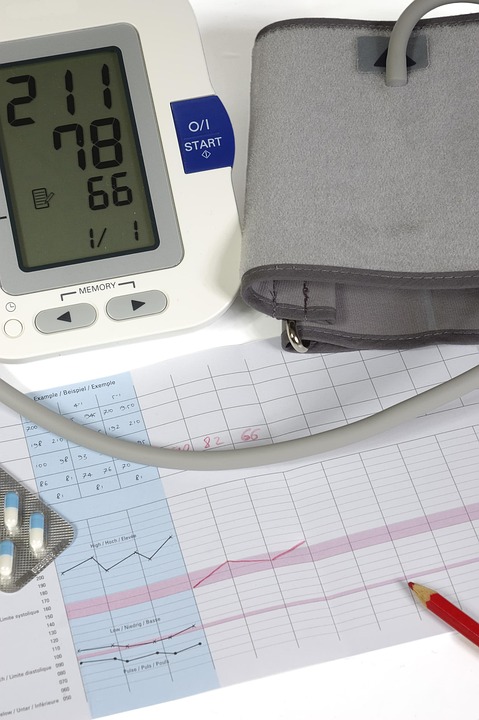
Sleep Your Way to Better Blood Pressure: The Surprising Connection
Are you struggling to manage your blood pressure? You may be surprised to learn that the key to better blood pressure control may be found in your bedroom, not just in your diet or exercise routine. Research has shown that there is a significant connection between sleep and blood pressure, and getting adequate rest may be one of the most effective ways to lower your blood pressure and reduce your risk of cardiovascular disease.
The Link Between Sleep and Blood Pressure
Studies have consistently shown that people who get adequate sleep tend to have lower blood pressure than those who do not. In fact, a study published in the journal Sleep found that for every additional hour of sleep, systolic blood pressure decreased by 3-4 mmHg. This may not seem like a lot, but it can make a significant difference in reducing the risk of cardiovascular disease.
So, how does sleep affect blood pressure? There are several ways:
- Stress Reduction: Sleep helps to reduce stress, which is a major contributor to high blood pressure. When we sleep, our body’s stress response system, also known as the hypothalamic-pituitary-adrenal (HPA) axis, is able to recover and reset, leading to lower levels of stress hormones like cortisol and adrenaline.
- Regulation of the Autonomic Nervous System: Sleep helps to regulate the autonomic nervous system, which controls blood pressure. During sleep, the parasympathetic nervous system, which promotes relaxation and reduces blood pressure, is able to dominate, leading to lower blood pressure.
- Inflammation Reduction: Sleep has anti-inflammatory properties, which can help to reduce inflammation in the body. Chronic inflammation is a major contributor to high blood pressure, so reducing it through sleep can help to lower blood pressure.
- Hormone Regulation: Sleep helps to regulate hormones that affect blood pressure, such as aldosterone, which helps to control blood pressure by regulating fluid balance in the body.
The Consequences of Poor Sleep
On the other hand, poor sleep can have serious consequences for blood pressure. Chronic sleep deprivation can lead to:
- Increased Stress: Lack of sleep can lead to increased stress, which can raise blood pressure.
- Inflammation: Poor sleep can lead to chronic inflammation, which can contribute to high blood pressure.
- Disrupted Hormone Regulation: Sleep deprivation can disrupt hormone regulation, leading to imbalances in hormones that affect blood pressure.
- Cardiovascular Disease: Chronic sleep deprivation has been linked to an increased risk of cardiovascular disease, including high blood pressure, heart attacks, and strokes.
Tips for Improving Sleep and Lowering Blood Pressure
So, how can you improve your sleep and lower your blood pressure? Here are some tips:
- Establish a Bedtime Routine: Develop a consistent bedtime routine to signal to your body that it’s time to sleep.
- Create a Sleep-Conducive Environment: Make your bedroom a sleep haven by ensuring it is dark, quiet, and cool.
- Avoid Stimulating Activities Before Bed: Avoid stimulating activities like watching TV, using electronic devices, or engaging in intense conversations before bedtime.
- Get Regular Exercise: Regular exercise can help improve sleep quality, but avoid vigorous exercise within a few hours of bedtime.
- Manage Stress: Engage in stress-reducing activities like meditation, yoga, or deep breathing exercises to help manage stress.
- Get Enough Sleep: Aim for 7-9 hours of sleep per night to help regulate blood pressure.
Conclusion
Sleep is a critical component of overall health, and its connection to blood pressure is undeniable. By prioritizing sleep and making it a priority, you can take a significant step towards lowering your blood pressure and reducing your risk of cardiovascular disease. So, make sure to get plenty of rest and start sleeping your way to better blood pressure today!